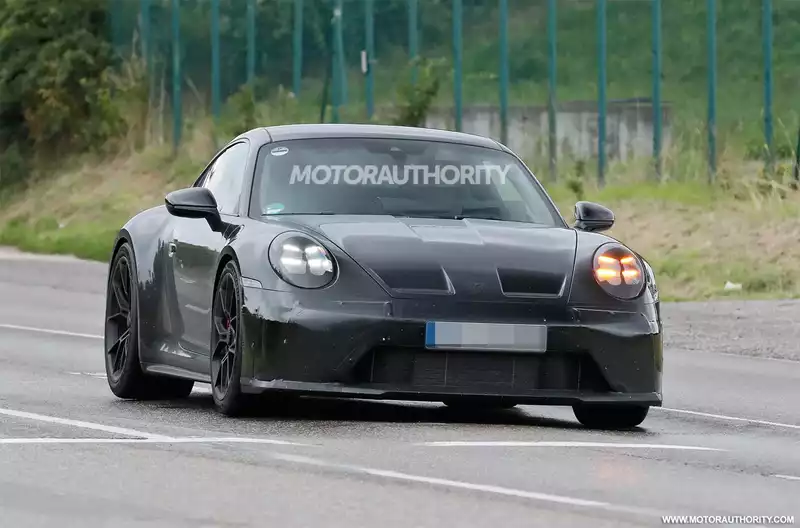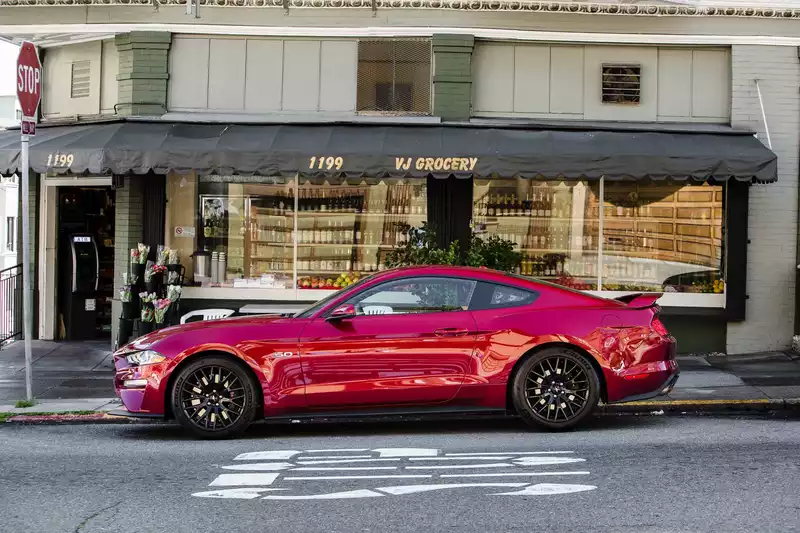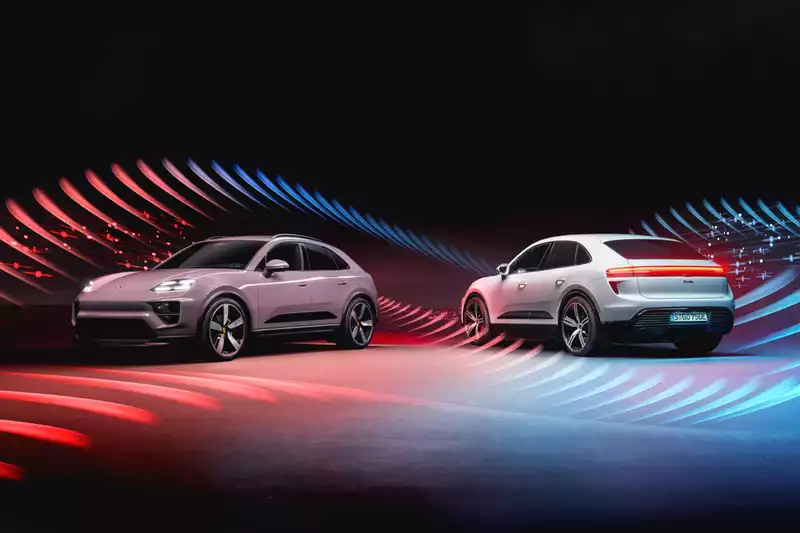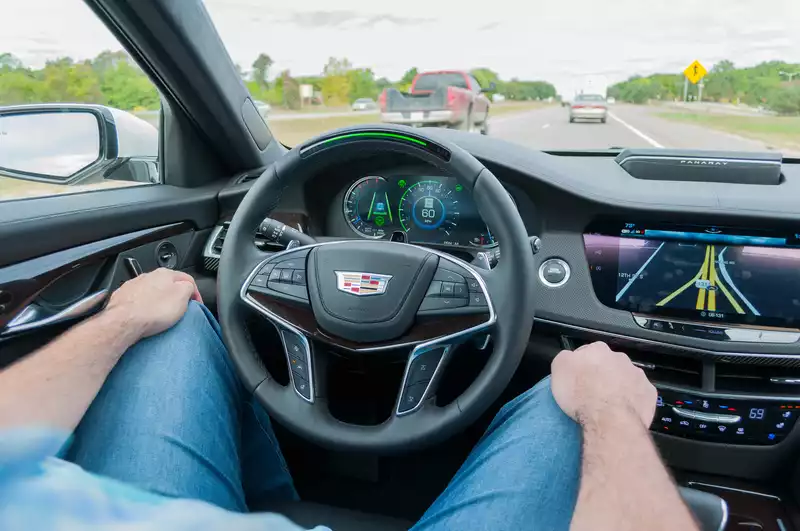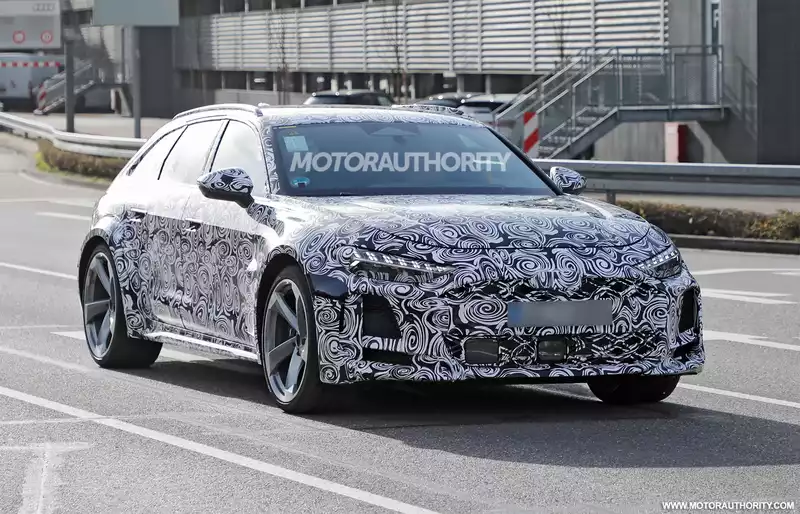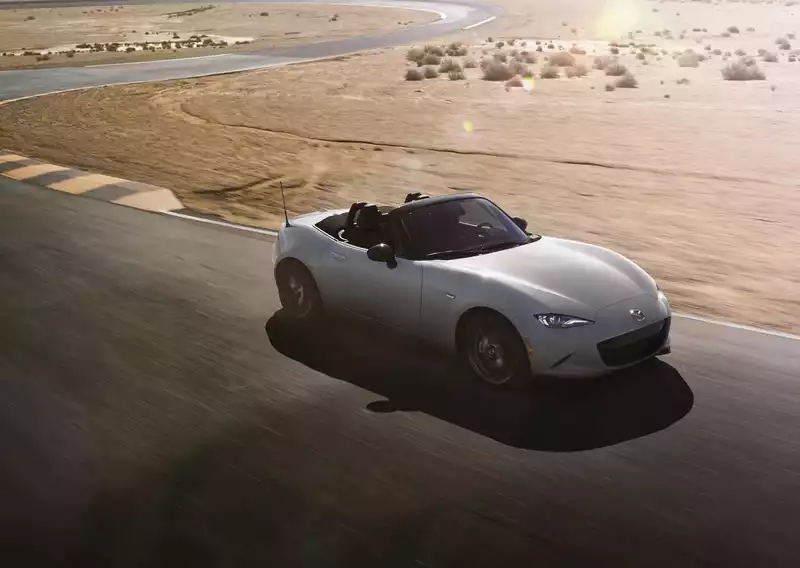Volvo will integrate lidar sensors into the roof of the car in 2022.
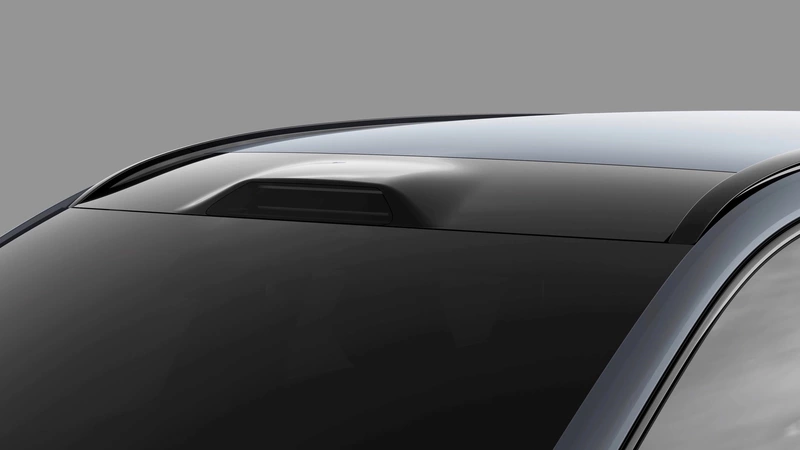
Volvo plans to equip production cars with lidar sensors on the roof starting in 2022, the company announced in a press release Wednesday. Volvo positions this as a milestone for future self-driving cars.
The lidar sensors will be provided by Silicon Valley-based Luminar, a company that Volvo has invested in since 2018. Volvo said the two companies will work more closely together to make Luminar's sensors ready for volume production, adding that the automaker may increase its minority stake in Luminar.
"The partnership will provide Volvo's first fully automated driving technology for highways and pave the way for future active safety developments," Volvo said.
Lidar works similar to radar, but uses light instead of radio waves, which most automakers and technology companies consider crucial for self-driving vehicles. Most autonomous vehicle prototypes that are currently allowed to be tested on public roads use lidar in combination with radar and cameras.
Audi currently offers grille-mounted lidar sensors on certain models as part of its existing driver assistance systems. These sensors enable Audi's Traffic Jam Pilot, which was designed to provide a higher degree of automation in highway driving, although it does not extend to real autonomous driving. Audi cancelled this feature due to regulatory and liability concerns.
Volvo hinted that the lidar sensor would initially be used for something similar to Audi's discontinued system. The Swedish automaker described its "Highway Pilot," which allows "fully autonomous highway driving" in certain locations and under certain conditions.
The first car to feature a rider on the roof will be based on the upcoming SPA2 architecture. Volvo had previously said that the next-generation XC90 would be launched in 2021 based on SPA2 and that the SUV would have some autonomous driving capabilities. However, the launch has been pushed back to 2022 "to make sure that all the technology we want is on the platform from the beginning," a Volvo spokesperson told Motor Authority.
Volvo has built several self-driving car prototypes for testing in its home country. Volvo also supplied Uber with an XC90 for Uber's self-driving car program. One of these vehicles was involved in a fatal accident, but that vehicle was not using Volvo's assistance system.
